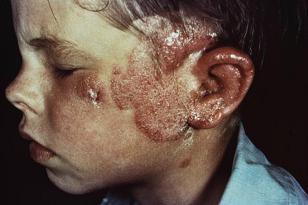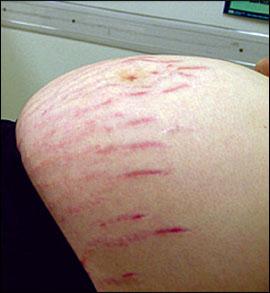Stress effects everyones lives in so many ways every single day, and high levels of continuous stress can really effect your health in a bad way. I know that it is easy to say “just decrease your stress, stop sweating the small stuff” because I am someone who has SO much difficulty relaxing when my life gets super stressful, but I always think about the physical and mental toll that stress takes out on you and there are a bunch of small things that you can do for yourself to try and decrease your stress or at least help to contain it.
Why is stress so both good and bad?
Your body has specific stress response hormones, known as catecholamines (epinephrine (adrenaline) and norepinephrine (noradrenaline)) that are responsible for surging in times of stress. BUT that response in the body is supposed to be for a short period of time to get yourself out of danger, like if you see a car about to hit you while walking, you are able to get a huge burst of energy and get out of the way. You feel a little shaky afterwards, from the release of the adrenaline rush because it increases your heart rate, blood pressure, and blood glucose levels. When your body is constantly stressed, you have a slow adrenaline release; which isn’t ok. It is meant to be a short term response to get yourself out of danger, not as a constant state of living.
What are some of the health effects of stress?
-Neck pain (tight muscles/spasms)
-Headaches
-Anxiety (possibly panic attacks)
-Depression (unable to feel happy or get out of bed; losing inspiration)
-Exhaustion
-Constipation or diarrhea
-Weight changes (some people gain weight and some lose weight)
-Insomnia
-Stomach pains
-Tight jaw/ear pain (TMJ- temporal mandibular joint disorder)
-Relationship strains
-Erectile dysfunction
-Decreased immune system
-Grinding teeth
*Every person is different and will react to stress differently, but these are some of the signs, they could also be signs of things that are more serious.
What can I do to de-stress my life?
Honestly, making a conscious decision to de-stress your life is the first step. Often, you are so focused on getting done what you need to get done, that you don’t even realize your stress level. But there are some things that I do, and that I tell patients to do, to at least get their stress levels under control; you don’t want your stress to control you, YOU need to control it:
– Make a list of what you need to get done in a day, and have a plan
-Set realistic goals for yourself
-Ask people for help
-Take time for yourself; wake up a little bit early, and have a moment to yourself to take some deep breaths, meditate, and get ready for the day
-Talk to a good friend, family member, counselor and vent about what is bothering you
-Eat a healthy diet (eating well can make you feel better vs. eating comfort foods that might be easy but make you feel gross later on)
-Exercise regularly (go for a walk with a friend- kill two birds with one stone and walk and talk!!)
-Don’t overextend yourself (i.e. give yourself enough time to get places)
-Feel free to say “NO” to people
-Do something that makes you feel good- no matter if it is a hobby, exercise, reading a book, sex….whatever you need to feel good (besides drugs and alcohol- they will make you feel worse and make your stress worse in the long run!)
-Keep positive
-Don’t stress about things that you cannot control (i.e. weather)
Go see your HCP for a referral for a counselor or for medication therapy if you experience panic attacks or moderate physical responses, or too much for you to be able to function normally on a daily basis. Some of this seems so self explainatory, but when you are stressed out, you can’t see outside of yourself. You need to plan, make time, and prepare. If you are prepared for stress, then you can plan for it, and it won’t overtake your life. I make lists every day, and I give myself appropriate timelines, so I can feel like I have accomplished things, even if my whole list doesn’t get done. I also ask people for help, utilize your friends when at home, and ask your co-workers for help when working. All stress ends, and there is a light at the end of every tunnel, it is just a positive attitude and planning that will help you get there. A trip to your HCP to get checked out can also rest your mind at ease that your physical symptoms are just a response to your stress and will reverse, and they can help you to get appropriate therapies to prevent long term effects from stress.
Make some “Me” time and get a release, the stress will end, just stay positive!
Yours in Good Health
B













